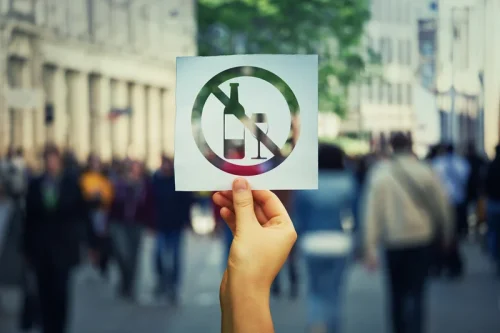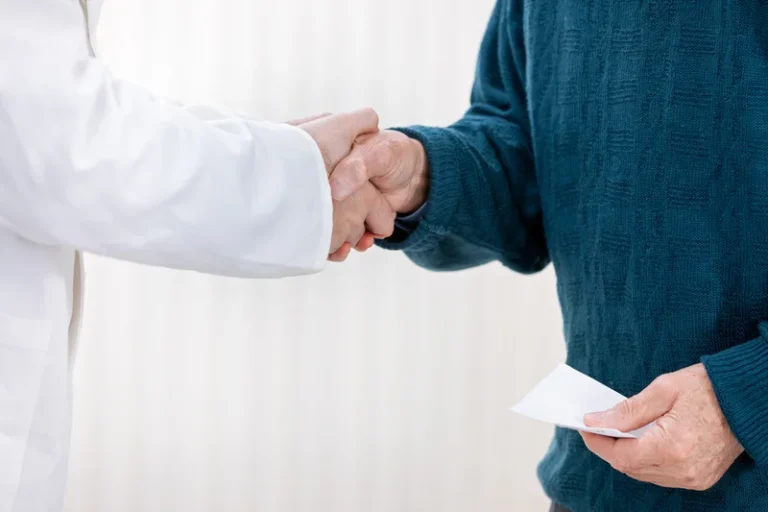
Experiencing a relapse can help a person learn more about their triggers for use, give them opportunities to apply the coping mechanisms learned in therapy, and foster a renewed motivation for recovery. How you achieve that behavior change can vary from one person to another. For others, regular follow-up with their primary doctor should be enough and can work, Holt says. Group therapy or a support group can help during rehab and help you stay on track as life gets back to normal. Drugs used for other conditions — like smoking, pain, or epilepsy — also may help with alcohol use disorder.

Which Medications Treat Alcoholism?

Some people drink heavily all day, while others binge drink and then stay sober for a while. If any of the above symptoms felt familiar, or if you’re able to place someone in one of the stages of alcoholism, it’s time to seek treatment. There are addiction services for those at every point on the spectrum. Through a combination of intensive therapies, medical intervention, trauma treatment, and group support, even those in late-stage alcoholism have hope for a brighter future. Alcoholism isn’t just a physical dependency; it’s a psychological one, too. This condition escalates when people transition from drinking in social situations to drinking alone, often after a stressful workday or negative experience.
Ways To Manage And Cope With Alcoholism
- Your peers can offer understanding and advice and help keep you accountable.
- You, nor your loved one, are under any obligation to commit to a Treatment X treatment program when calling the helpline.
- Symptoms of tapering are similar to mild or moderate withdrawal symptoms, which include the following.
- « You don’t have commercials talking about these drugs, » says Stephen Holt, MD, who co-directs the Addiction Recovery Clinic at Yale-New Haven Hospital St. Raphael Campus in Connecticut.
Many people with alcohol problems and their family members find that participating in support groups is an essential part of coping with the disease, preventing or dealing with relapses, https://ecosoberhouse.com/ and staying sober. Your health care provider or counselor can suggest a support group. For serious alcohol use disorder, you may need a stay at a residential treatment facility.
What we don’t know: The significant limitations of alcohol-related health research
You’re likely to start by seeing your primary health care provider. If is alcoholism curable your provider suspects that you have a problem with alcohol, you may be referred to a mental health provider. More than one “yes” answers mean it is highly likely that a problem exists. If you think that you or someone you know might have an alcohol problem, it is important to see a doctor or other health care provider right away. They can help you determine if a drinking problem exists and plan the best course of action.


Most people know about the damage that the heavy consumption of alcohol causes to their liver. But what they may not realize is that the brain is seriously what is alcoholism affected by it, too. You might smell something you really don’t like and feel a sinking feeling. One drawback is that you must take two pills three times every day. « If you don’t like taking pills, you already take too many pills, or you aren’t good at remembering to take pills, then this would be a tricky one, » he says.
- Explore Mayo Clinic studies testing new treatments, interventions and tests as a means to prevent, detect, treat or manage this condition.
- For example, if someone usually relapses at the holidays or the anniversary of the death of a loved one, they might decide with their doctor to take it just around that time, Schmidt says.
- This can lead to feelings of powerlessness, anger, fear, and deep frustration.
Charitable Care & Financial Assistance

The short answer to the question of whether alcoholism is a disease and if it can be cured is that while it is most certainly a disease, there is no known cure for it. Alcoholism is like a fitness freak who does 500 pushups every day. The moment we try to fool ourselves into believing that we are somehow suddenly immune to alcoholism, we are in trouble. By accepting the notion that alcoholism truly is a disease, this opens up the possibility of a cure. However, the cure for alcoholism seems to be different from many illnesses properly labeled diseases.
